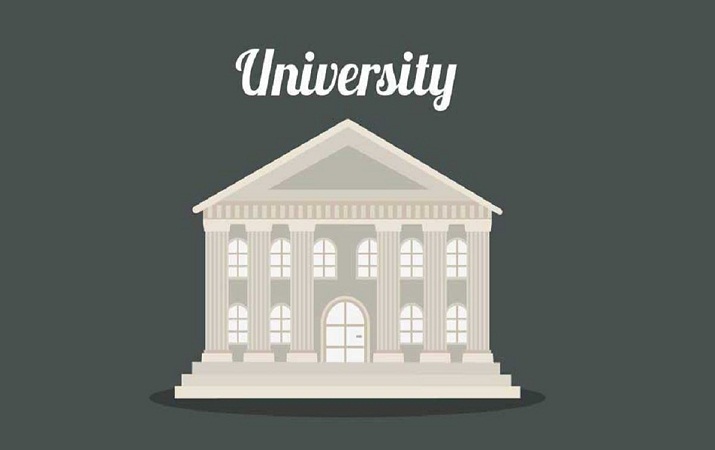The University Grants Commission (UGC) has released for public feedback a set of draft rules to regulate the fee charged by private aided and unaided institutions that are deemed to be universities providing professional education. The UGC claims that the move is aimed to curb charging of capitation fee and/or other forms of profiteering by these institutions, and thereby reduce the financial burden of students. However, the regulator seems not only to be ignoring the fallout that the move could have on the state of higher education in India but also contradicting its own commitment to granting greater autonomy to institutes of higher education.
Curtailing the ability of private universities to decide their own fees, their primary revenue source, limits their ability not only to maintain and advance their infrastructure—crucial for professional education, given how fast technology is advancing—but also to attract top teaching talent.
Given that the quality of higher education in India remains a serious concern, such a regulation could deal a serious blow to the country’s education output. Further, given that the credit for enhancing education opportunities in India goes primarily to the private sector—from 642 universities in 2011-12, India recorded 993 in 2018-19, most of which have been private institutions—such curbs would inhibit their ability to provide service in the first place.
The move is also regressive as far as UGC’s welcome recent decision to provide graded autonomy to top-rung institutions is concerned. While reducing the financial entry barriers to education, and ensuring that admission to educational institutions is based on merit alone are indeed noble goals, stricter auditing of universities’ finances, penalties for corrupt practices, or increasing the quantum of merit/means based scholarships are all far better means of achieving this.
Courtesy: financialexpress








